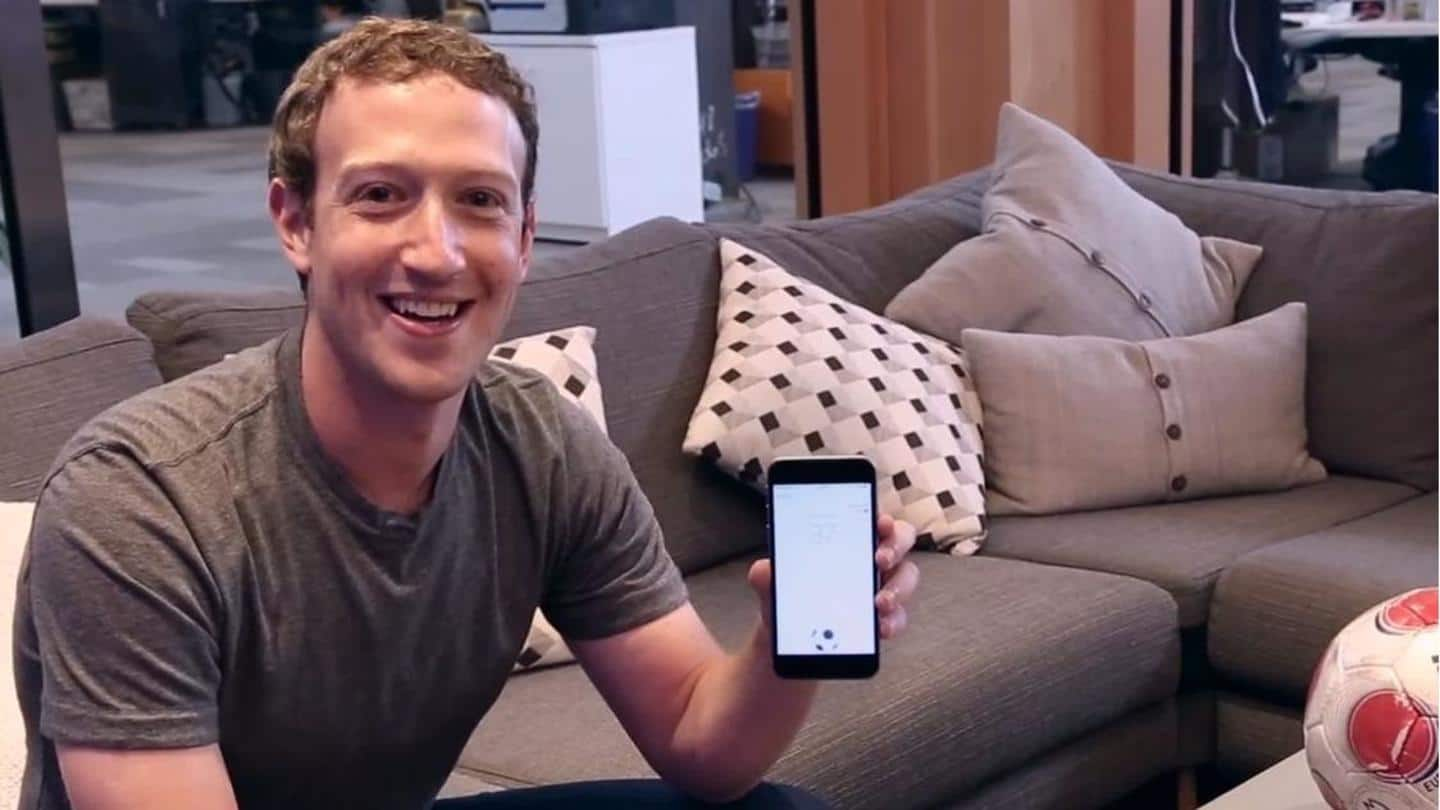
NewsBytes Briefing: Facebook refuses to inform leak victims, and more
What's the story
By now everyone knows how a Facebook security breach leaked personal data belonging to its 533 million users. That means one in five active Facebook users has been compromised.
However, Facebook has categorically refused to inform the affected users, because avoiding bad PR justifies throwing its own users under the bus.
Meanwhile, we have explained how to check if you have been affected.
Lax vetting
Google Play Store can't tell difference between malware and apps
Facebook isn't the only one that has major security problems. The latest incident involving a fake Netflix app masquerading as intrusive malware underscores Google's lack of proper vetting for the Play Store.
The malware app can not only commandeer your WhatsApp account to propagate itself, but it can also steal your login credentials and passwords.
Be careful when downloading not-so-popular apps on Android.
Double-dipping
Tesla refunds starving customers after media coverage of double-charge fiasco
While we are documenting tech companies disregarding their customers, Tesla has finally begun refunding those who were double charged the price of an entire car.
The lucky few whose plight was highlighted by the media got their refund within five days, but the rest had to wait a month while braving overdraft fees and being unable to pay for food and rent.
Overheating woes
OnePlus 9 Pro users need to let off some steam
In another news, the OnePlus 9 Pro is getting a bit hot under the collar. Users who tried to shoot 4K videos at 60fps were treated to device overheating warning screens and have since made a beeline to the OnePlus forums.
Turns out, OnePlus says this is a known issue and that it will release a fix through a future software update.
Find My
Apple throws open cutting-edge military tech to the free market
Fortunately, not everything is going wrong in the technology space. Apple has expanded its brilliant Find My service to third-party devices.
The cutting-edge military technology was first implemented by Apple to find lost and stolen Apple devices. And now it has been thrown open for third-parties to integrate in interesting ways.
We are excited to see what the free market makes of it.